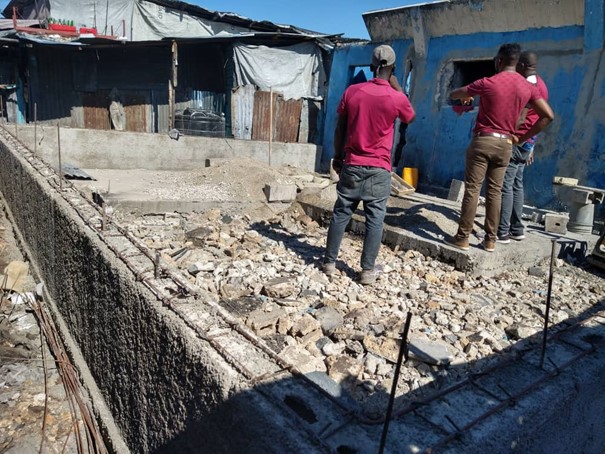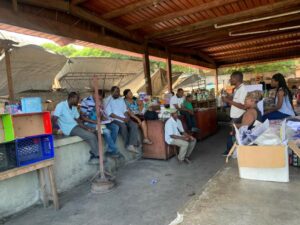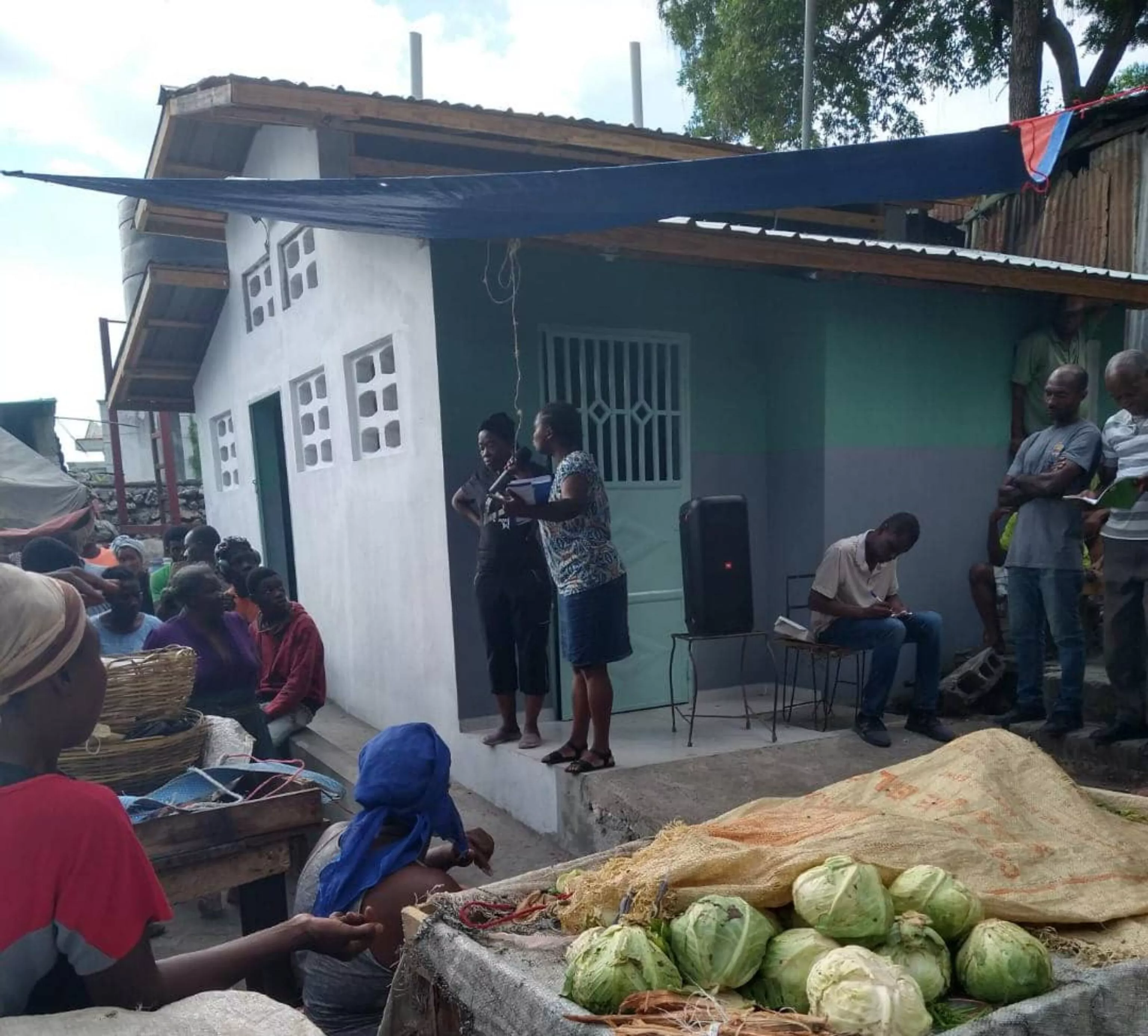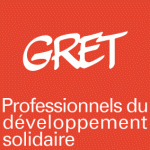As part of its 2022 annual campaign on the theme of sustainable construction in Latin America, the setec Foundation is supporting the “Collectively Managed Sustainable Infrastructure” project in the markets of Port-au-Prince (Haiti) led by GRET.
The context
Haiti is the victim of a systemic crisis that has affected all sectors of society for several years. From the scarcity of resources to recurrent acts of violence, the inhabitants of Haiti are faced with a situation of precariousness and danger that makes daily activities difficult.
Among these is food and the resulting purchases of basic necessities. In Haiti, these purchases are mainly made in markets, and the markets of the Haitian capital are central economic organs of community life. They enable poor and modest households to buy basic necessities and provide thousands of local jobs, most of them informal. These large-scale sales areas combine economic functions (jobs, distribution of local products), social functions (places of exchange and sociability, which also make it possible to cushion crises by integrating the most vulnerable members of Haitian society), urban functions and political functions (the markets structure the urban space of Port-au-Prince, which is a real market town).
However, these markets in Port-au-Prince are, for the most part, devoid of the basic infrastructure required for their proper functioning. In a field study carried out by GRET and the Port-au-Prince City Council on the various markets in the capital, GRET reported a crucial lack of sanitary facilities and waste sorting platforms in these markets. They suffer from a lack of basic hygiene infrastructure, which impacts their efficiency and the ability of the merchants – who are mostly women – to work in healthy conditions.
In addition, the women merchants, who are at the heart of the functioning of the markets and the Haitian economy, are today prey to the violence of armed gangs whose influence covers the markets of the capital. They are under pressure to protect themselves and their selling space, and must pay “dues” regularly.
The project
The project implemented by GRET consists of the construction of various infrastructures necessary for the proper functioning of three markets in the capital (Salomon, Canapé Vert and Ravine Pintade). Three main issues were identified during the preliminary diagnosis. They focus on the improvement of
– hygiene conditions
– waste management
– drainage of wastewater and rainwater.
This project, by aiming to improve the working conditions of market women in the three priority markets, benefits two population groups: the target groups (composed of public actors such as road and waste collection services, private and community actors such as market workers, and those in the informal waste management economy) and the final beneficiaries (market users, market women and customers, numbering at least 12,500 people)
Construction activities:
– At the Salomon market: the construction of two functional sanitary blocks (one built and one rehabilitated) and a transit zone (including the related facilities for moving the traders near the transit zone and for draining rainwater)
– At the Canapé Vert market: rehabilitation of a sanitary block
– Ravine Pintade market: construction of a sanitary block

Rehabilitation of the sanitary block underway at the Salomon market – © GRET
On the other hand, the aim is to mobilise market stakeholders, grouped together within a framework for consultation and reflection (CCR), to co-construct the operating rules for the sanitary blocks and the transit zone, the principles for managing sanitation and waste management services, and to define the committees that will be responsible for management. These steps contribute to strengthening habits of joint collaboration and concerted decision-making and can be transposed to other areas of market life, such as reducing violence committed by armed gangs.
The CCR, which is an initiative launched in 2021 by GRET, is composed of the various actors mentioned above, as well as the Port-au-Prince City Council’s roads department. It is an essential mechanism for creating a collective feeling, freeing the voice of certain categories of actors traditionally excluded from these bodies, (re)learning to decide together on the future of the markets and organising the shared management of these spaces on a large scale.

Setting up the management committee – Marché Canapé Vert – © GRET
Sustainable construction
The infrastructures built within the framework of the project consider the challenges of sustainable construction in technical terms (construction/rehabilitation principles in compliance with earthquake-resistant standards, cyclone- and earthquake-resistant materials), in terms of ergonomics as well as in terms of the social practices associated with the uses. Due to the prevalence of earthquakes, cyclones and violent episodes that hit the capital (stray bullets), it is indeed essential to use particularly resistant construction materials. The durability of the infrastructure is guaranteed by
– The involvement of users (merchants and other market players) in the management of the infrastructure, to allow for their ownership, which guarantees their long-term maintenance.
– The environmental vocation of the infrastructures built, allowing for better treatment of wastewater, collection, and evacuation of waste (to prevent pollution of the urban environment).
This project is being monitored by Reginald Baussan, Development Director at setec, who is both the project’s sponsor and the relay of the setec Foundation. When conditions permit, Reginald will travel to Haiti and will be able to visit the future installations and discuss with GRET’s staff on site.

